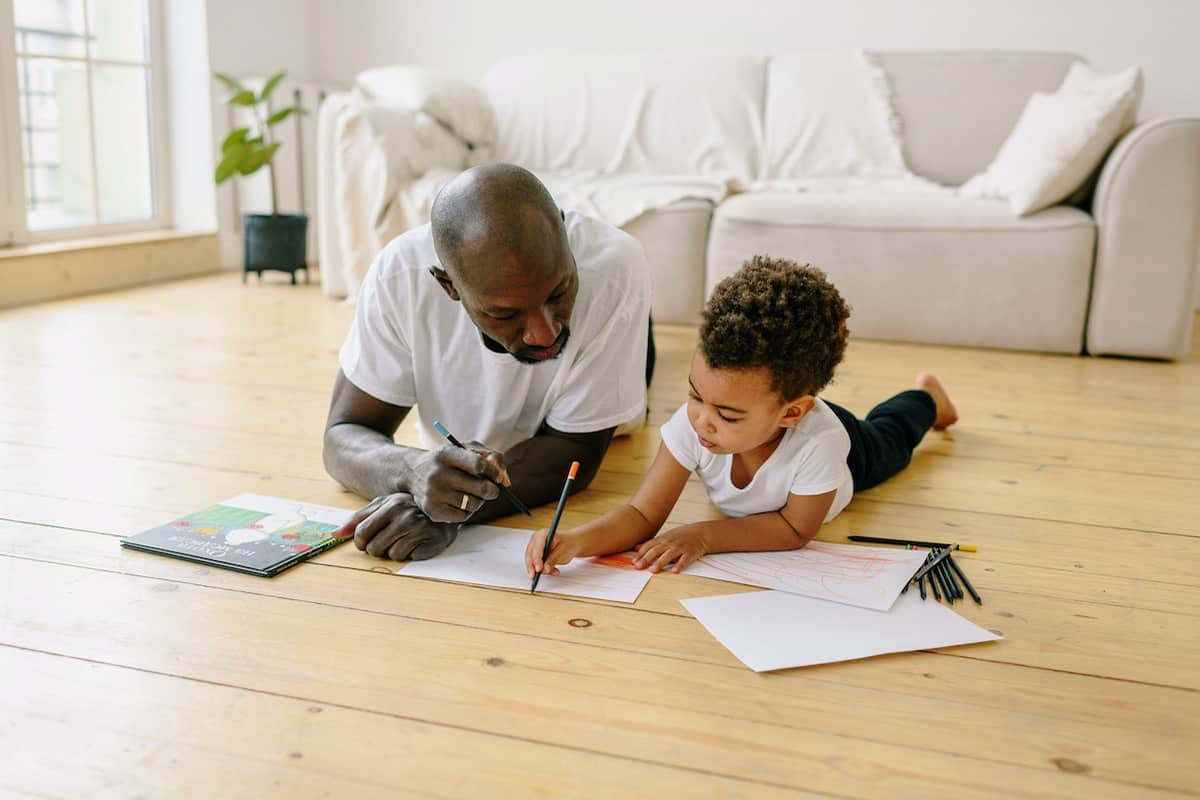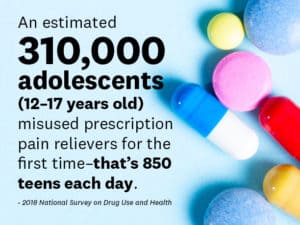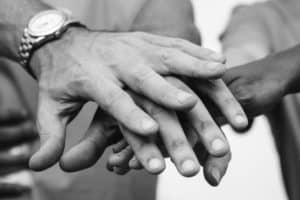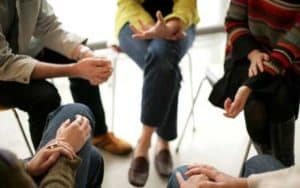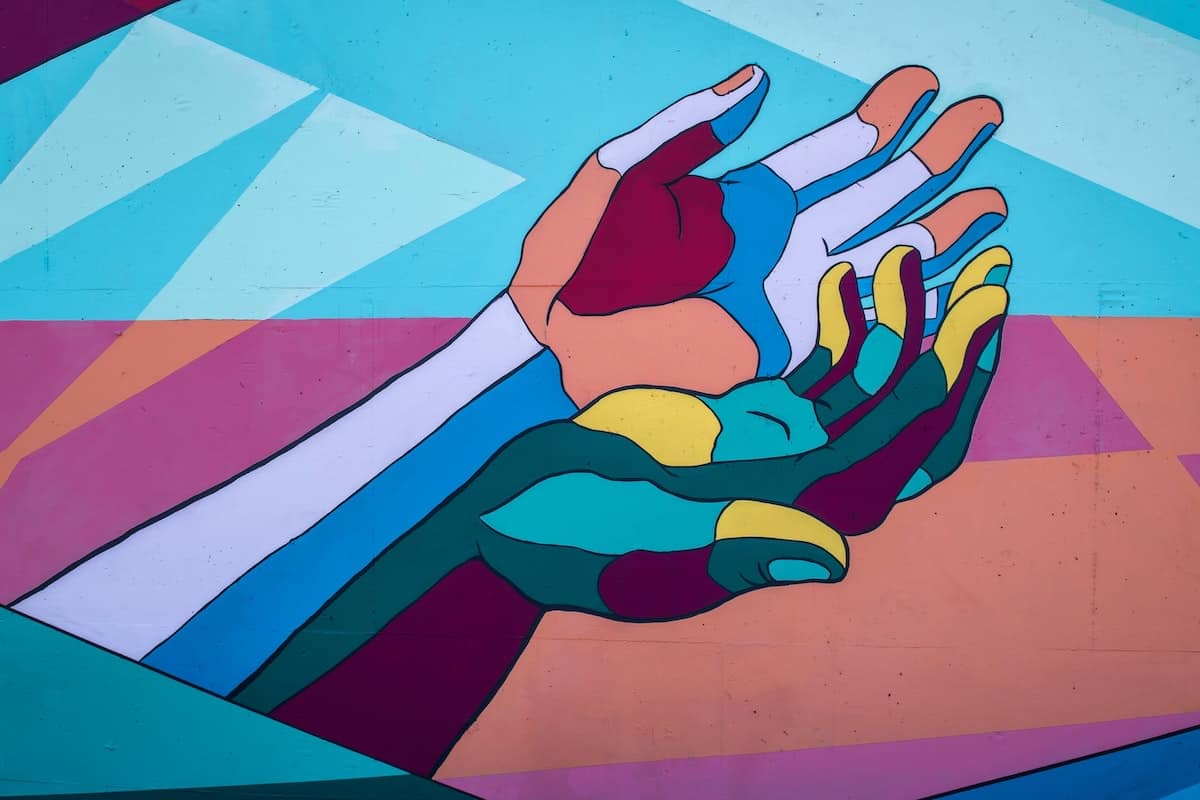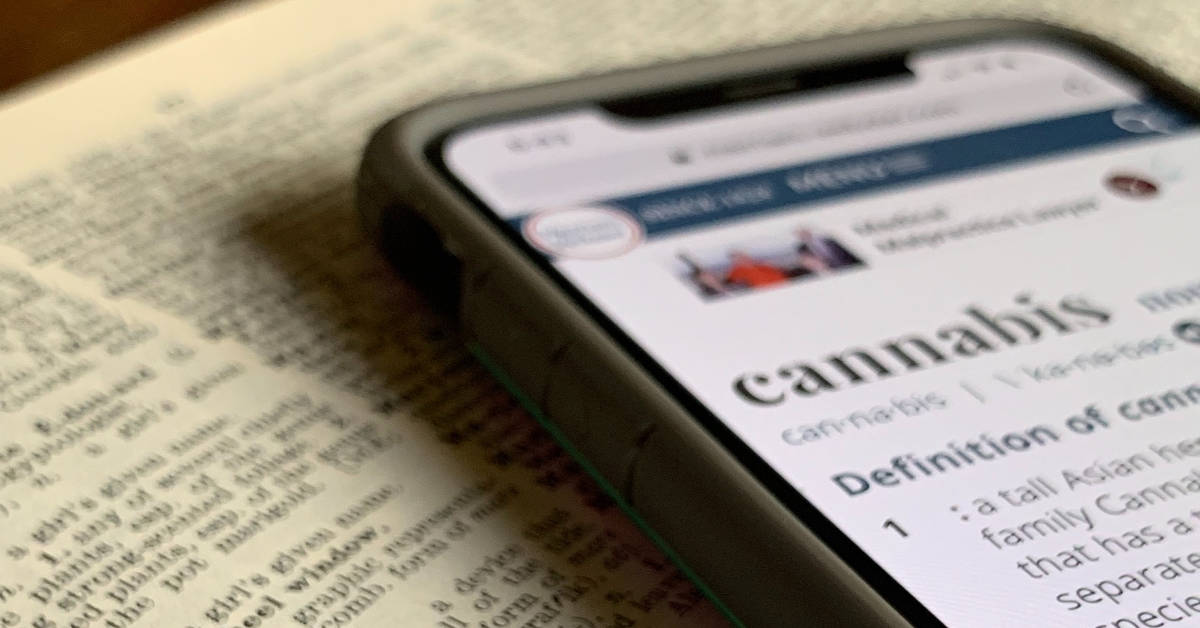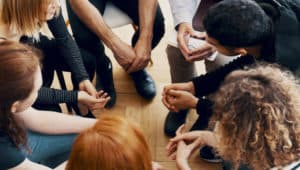When the SAFE Project team meets individuals and families across the country, there is always one question we ask: “What do you know now that you wish you knew then?”
From these conversations, we’ve learned early on that the most powerful tool we can provide to others is sharing what we have learned, and what we have learned from others. Lessons Learned is a resource for us all to learn from each of our experiences with substance use disorder and mental health challenges.
Parenting
What are Adverse Childhood Experiences?
What you need to know about childhood trauma and how they can have long-term consequences throughout a lifetime: emotionally, psychologically, and biologically.
Does My Child or Teen Need Mental Health Support?
This past year taken an enormous toll on everyone, with a particularly hard impact on mental health especially that of children, teens, and young adults. Learn how to know when it’s time to get them some extra support.
SAFE Project’s Lessons Learned gives you suggestions on how to talk to your kids about opioids and substance use disorder. Parents, grandparents, caregivers, relatives, coaches, educators, and family friends can all play a role in opening up that conversation.
Talking to Young Children about a Loved One’s Substance Use
Families should start talking about substance use and mental health challenges with children at a young age; this is especially important for families that may already be experiencing substance use challenges with a loved one.
Preparing to Talk to Your Teen
If you have wondered whether it’s time to talk to your teen about substance use of any kind, it IS time. Learn how to connect with your teen, and start building a trusting relationship based on mutual respect.
How to Talk – and Listen – to Your Teen
A strong foundation means when the time comes to discuss harder issues — like drug usage or alcohol — we’ve already got a healthy start.
At the First Signs of Substance Use
Opioid addiction can take many forms. Here are several things to keep in mind at the first signs of possible substance abuse.
It’s a painful process to accept that your loved one may have a substance use disorder. Don’t let stigma or shame stop you from getting the help and support you need at this time.
Intervention
Interventions are designed to help your family member, spouse, partner, friend, or even a colleague agree to seek treatment.
What to Expect During An Intervention
People in recovery and family members share their lessons learned from participating in interventions.
Every treatment experience is unique, and recovery is a life-long journey – for your loved one and for you.
Treatment & Transition
The Truth About Harm Reduction
Harm reduction treats individuals with substance use disorders with dignity and respect using a social justice and health equity lens.
What is Cannabis Use Disorder?
One of the more confusing and, perhaps, controversial issues for many Americans is both the legalization and widespread use of cannabis. We may know less about cannabis than we think we do.
It may feel like a relief to finally have your loved one in treatment, but it also is a time of change. Learn about support for them and self-care for you.
How to Support Your Spouse or Partner’s Transition Out of Treatment
When you share your life together, you’ll also share in one another’s recovery and transition.
How to Support Your Child’s Transition Out of Treatment
Here’s how you can best support them — and yourself — on this journey.
How to Support Your Friend’s Transition Out of Treatment
Understanding what to say and do so you can be part of their support system right now.
Recovery
Everyday Etiquette for Recovery Allies
At its very core, recovery etiquette promotes kindness, consideration, and humility. As recovery allies, that’s exactly what we want to stand for personally and for people in recovery.
Early Recovery: What to do When You Transition Out of Treatment
Find out what to expect when you are transitioning out of treatment along the path to recovery.
Get valuable tips that can help you or a loved one during the recovery journey.
Be extremely sensitive to warning signs – don't let hope mask reality.SAFE Project




